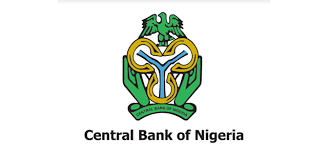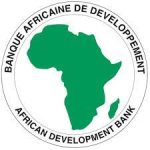The International Monetary Fund (IMF) has recommended a systematic elevation of the deposit insurance levels overseen by the Nigeria Deposit Insurance Corporation (NDIC).
This call comes in response to the prevailing economic conditions characterised by inflation and currency depreciation.
The IMF has voiced support for the Central Bank of Nigeria (CBN)’s efforts to mitigate risks within the banking system. It emphasised the necessity of bolstering deposit insurance and enhancing stress testing mechanisms. Notably, stress tests conducted by the CBN have revealed potential vulnerabilities, with banks’ capital adequacy ratios (CAR) potentially dropping to 6 percent under severe stress scenarios.

Commending the CBN’s directive for banks to reinforce their capital bases by retaining foreign exchange gains, the IMF also praised the regulator’s decision to revoke licenses of non-compliant microfinance banks, thus ensuring the protection of insured depositors.
To strengthen the resilience of the banking sector, the IMF has put forth several policy recommendations. These include a gradual increase in deposit insurance coverage, monthly stress testing with pre-emptive actions for non-compliant banks, requirements for shareholders to inject fresh capital when needed, and transparent disclosure of financial indicators and regulatory compliance measures.
In response, Nigerian authorities have acknowledged the possibility of declining financial soundness indicators and stressed their commitment to implementing corrective measures to safeguard the stability of the financial sector.





